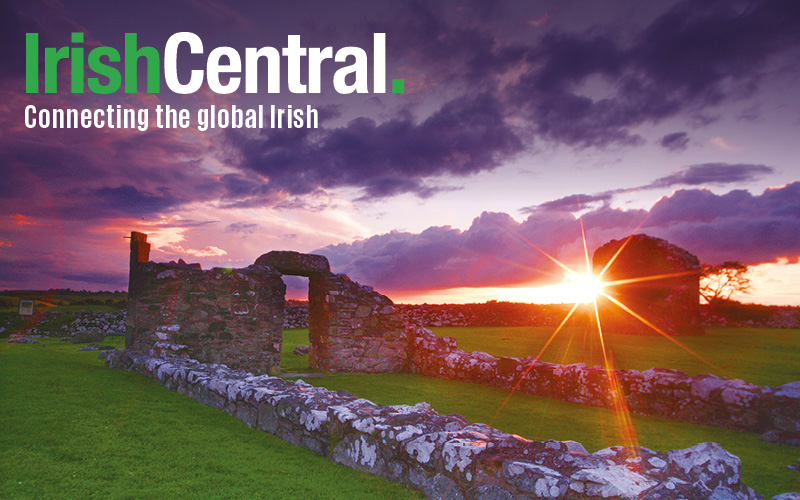There has been much speculation in Ireland as to how much the founding fathers of the modern Irish state, the leaders of 1916, would shudder to see the country they created now.
On the 95th anniversary of that gallant rising that “hurled the little streets upon the great” as Yeats wrote, it is a fair question to ask.
All changed utterly as Yeats often said, but the people he castigated, those “fumbling in the greasy till” are still with the Irish.
In a week when the ousted CEO of the utterly failed Allied Irish Bank was revealed to have pocketed a $4 million payoff, when Derek Quinlan, a former Celtic Tiger superstar now bankrupt, was revealed to have had a $140 million mansion, and Sean Quinn, Ireland’s richest man, turned out to be broke, it is fair to wonder what the founding fathers would think of Ireland today.
In a year when the Irish leaders now go cap in hand to Europe and the International Monetary Fund to ensure their future, it is an even more important question.
The 1916 rebellion took place against the backdrop of a primarily European war, World War I, which to this day is shrouded in mystery as to its real origins.
The British entered it, proclaiming the freedom of small nations after Germany overran many of its neighbors.
The Irish, justifiably, after being given the promise of Home Rule and then having it set aside, felt strongly that as a small nation they were entitled to freedom too.
That goal was achieved for the 26 counties in 1921 but the legacy of that war, the separated part of Ireland to the North would fester and suppurate for decades.
Only in recent years has it been settled, and we have what is as close to an agreed Ireland, in John Hume’s phrase, as can be attained.
One suspects most of the leaders of 1916, especially the pragmatists like Michael Collins, would accept that. Eamon de Valera, when later in power, certainly did very little to disturb the status quo between north and south which was considerably worse then than it is now.
The current financial morass would, however, be far beyond most of them, though De Valera was no stranger to financial shenanigans, having used American funds for the new Irish government to start his own newspaper chain, the Irish Press Group.
No doubt many of those leaders, surveying the legacy of greed and political corruption of the past decade, would echo Yeats’s words.
“Was it for this the wild geese spread, the grey wing upon every tide. For this that all that blood was shed. For this Edward Fitzgerald died. And Robert Emmet and Wolfe Tone. All that delirium of the brave?”
But there is hope. New Taoiseach (Prime Minister) Enda Kenny has promised a new broom and to date has delivered on it. The reformist government he leads seems intent on restoring honesty and integrity to the political process.
By the 100th anniversary on Easter 2016 we will know if he has been successful or not. It is a profound moment for the life of Ireland, to see if the brave words and deed of the 1916 men and women have been lived up to in the best way possible.
Time alone will tell.




Comments